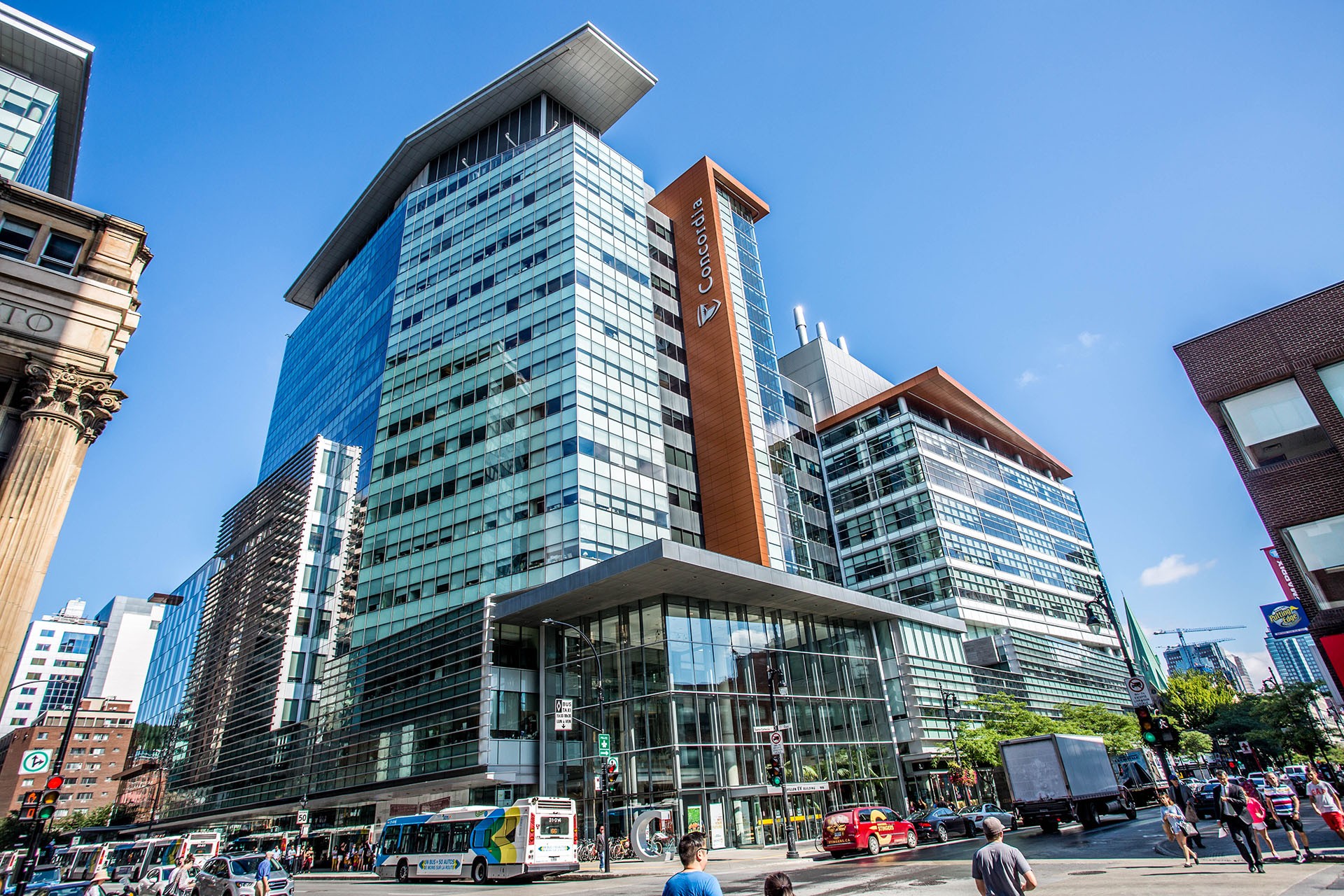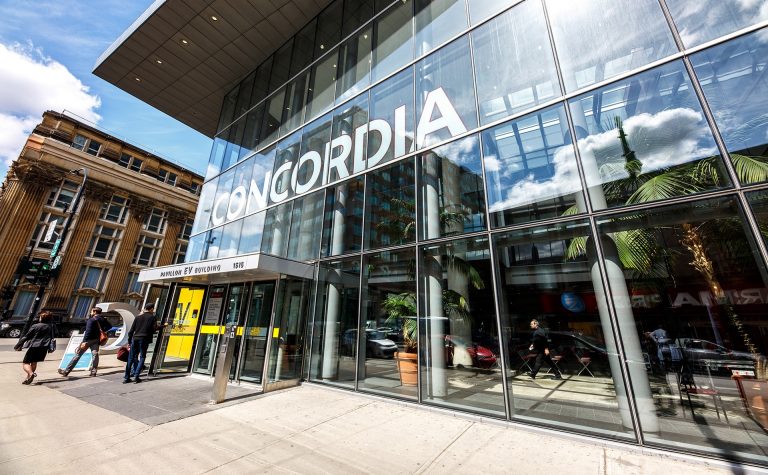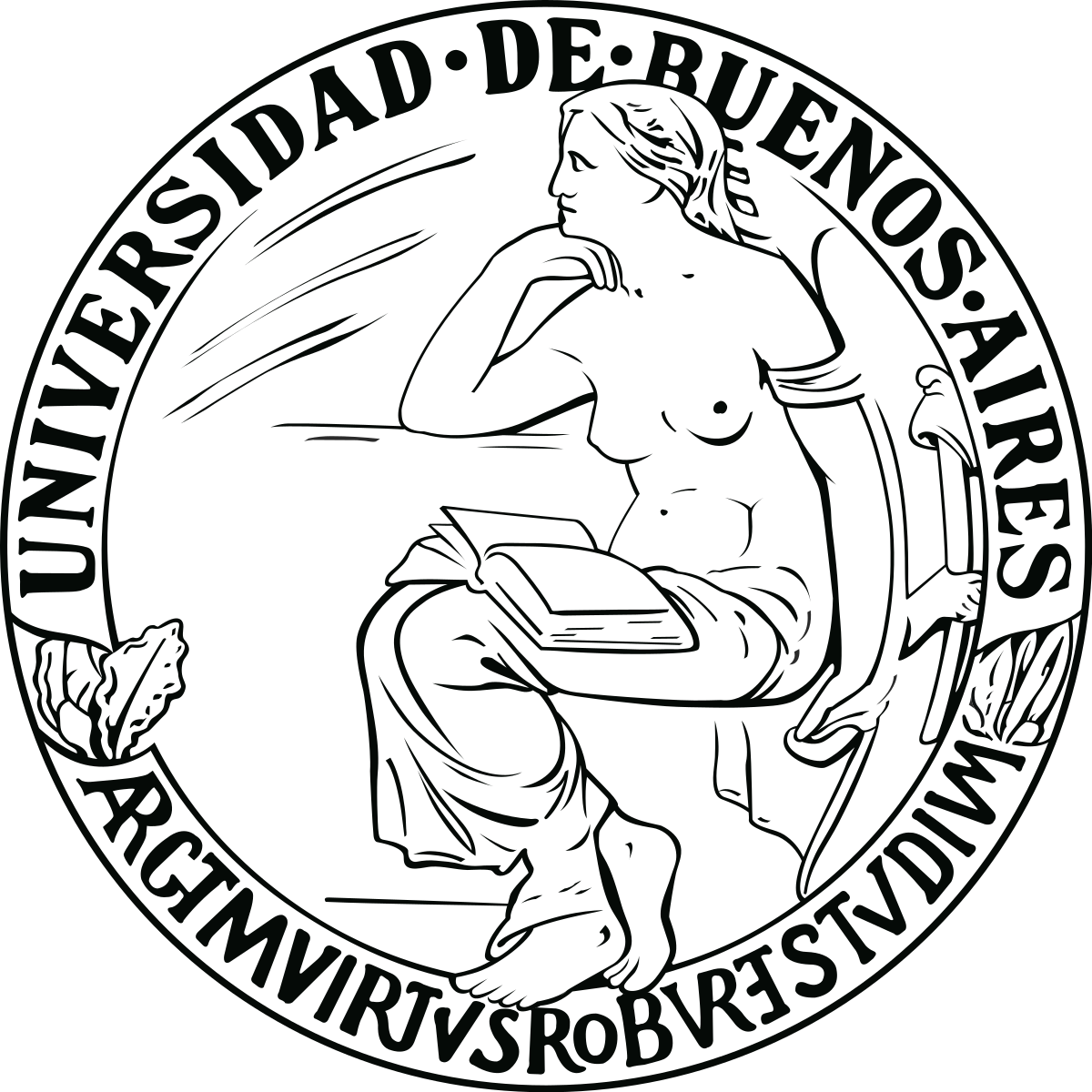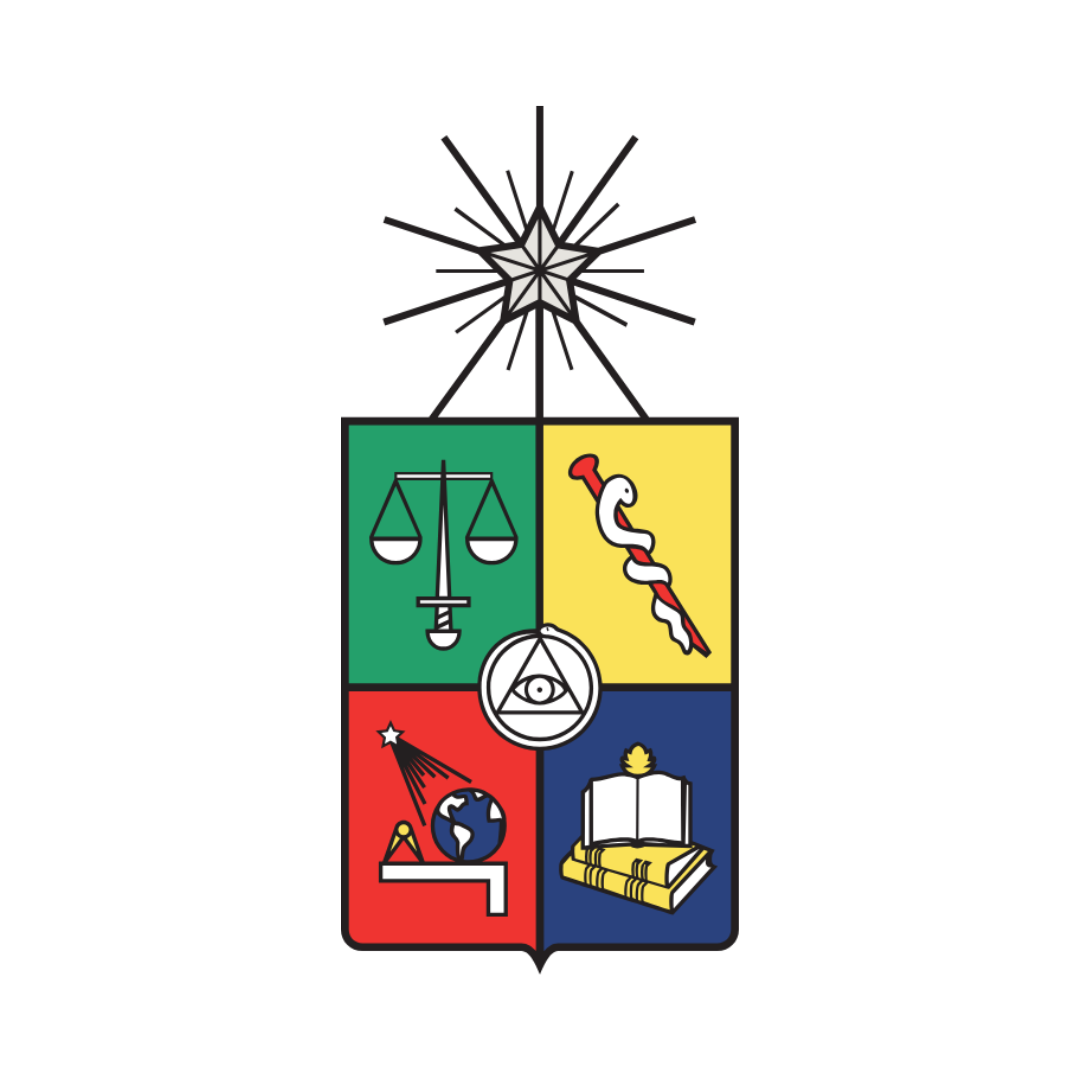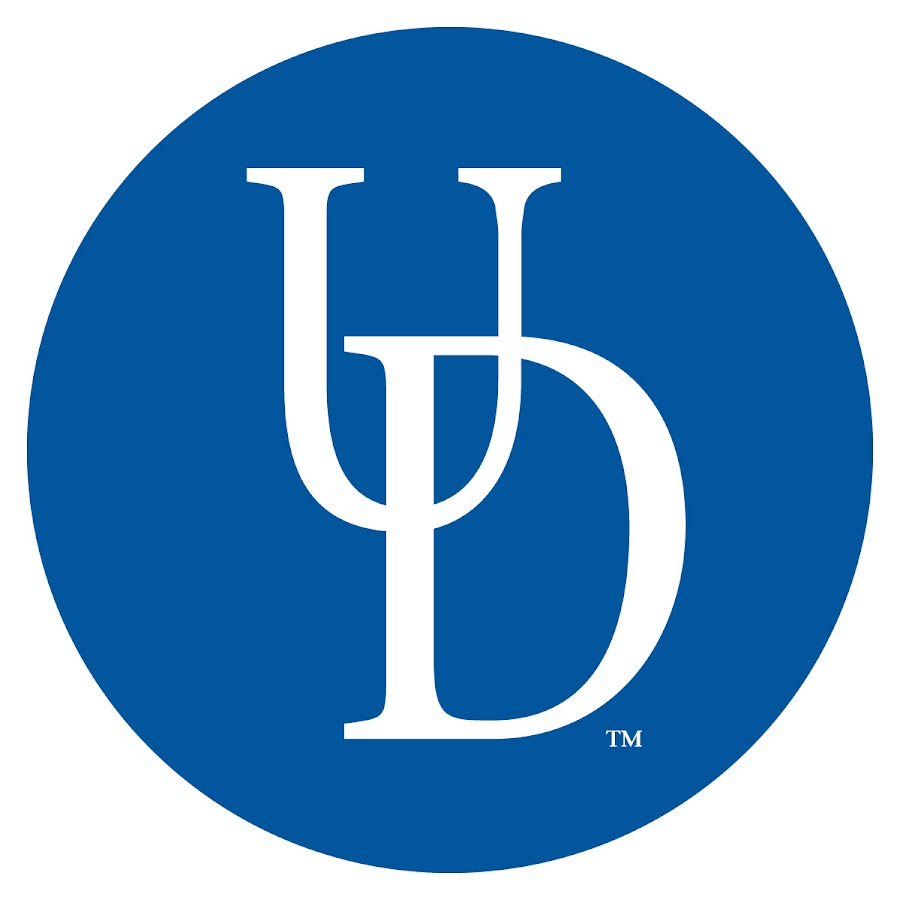Concordia University offers a Bachelor of Arts (BA) degree program in Political Science. This program is designed for students who have an interest in understanding political systems, processes, and theories. It explores topics such as governance, political ideologies, international relations, public policy, and political behavior. While the specific courses and requirements may vary, here is a general overview of what the Political Science program at Concordia University might include:
Introduction to Political Science: The program typically begins with introductory courses that provide students with an overview of the field of political science. These courses introduce fundamental concepts, theories, and methods used in the study of politics. They provide a foundation for more specialized courses in later years.
Political Theory: Political theory courses explore the ideas and ideologies that have shaped political systems and movements throughout history. Students study influential political thinkers and engage with concepts such as democracy, liberalism, socialism, conservatism, feminism, and postcolonialism. These courses encourage critical thinking and help students develop their own perspectives on political issues.
Comparative Politics: Courses in comparative politics focus on analyzing and comparing different political systems and structures around the world. Students examine the institutions, policies, and processes of various countries, regions, or specific themes (e.g., democratization, nationalism, human rights). These courses provide insights into the diversity of political systems and their impacts on societies.
International Relations: International relations courses explore the relationships and interactions between states, international organizations, and non-state actors. Students study topics such as diplomacy, international law, globalization, security, conflict resolution, and global governance. These courses analyze the dynamics of power, cooperation, and conflict in the international arena.
Public Policy and Administration: Courses on public policy and administration focus on the development, implementation, and evaluation of public policies. Students examine the policy-making process, the role of government agencies, and the impact of policies on society. These courses provide an understanding of the challenges and complexities of policy formulation and implementation.
Research Methods: Political science programs typically include courses on research methods to equip students with the skills to conduct their own research and analyze political phenomena. Students learn quantitative and qualitative research methods, data analysis techniques, and research design. These skills are essential for conducting independent research and evaluating existing scholarship.
Specialization and Electives: In addition to the core courses, students have the opportunity to specialize in specific areas of political science based on their interests. They can choose from a range of elective courses that delve deeper into subfields such as public opinion, political economy, environmental politics, gender and politics, or political communication. This allows students to tailor their studies to their career aspirations or areas of interest.
Internship and Experiential Learning: Some programs may offer internship opportunities or experiential learning components where students can apply their knowledge in real-world settings. These opportunities provide practical experience in political organizations, government agencies, non-governmental organizations (NGOs), or research institutes. They allow students to develop professional skills, expand their networks, and gain valuable insights into political processes.
Please note that the specific courses and requirements for the Political Science program at Concordia University may differ from what is outlined above. It's important to visit the official Concordia University website or contact the university directly for the most accurate and up-to-date information about their Bachelor of Arts in Political Science program.
Show less

